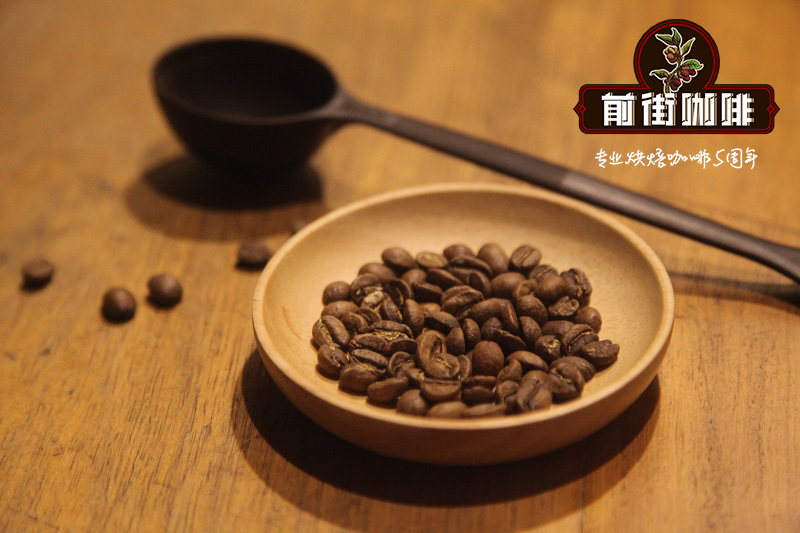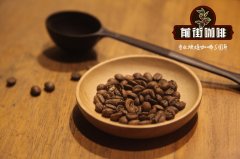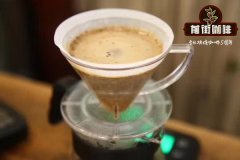Kenny Neri Fine Coffee Kenny Neri Fine Coffee Co-operative Day

Professional Coffee knowledge Exchange more information about coffee beans Please note the coffee workshop (Wechat account cafe_style)
Qianjie-Kenny's Co-operative Society
Kenya Othaya FCS Chinga Factory Natural
Kenny's co-operative society.
Production area: Kenny Neri
Processing method: daily consumption
Altitude: 1700-1950 m
Variety: SL28, SL34
Level: AA
Production area introduction
Kenny is based in Africa, where coffee is made in Essex.
In Kenya, coffee producers can be broadly divided into two categories: large coffee and small coffee, but regardless of large or small coffee, the processing of coffee beans will be sent to the official coffee shop for sorting and slapping: the coffee shop will send the raw bean products to be auctioned to interesting sellers and hold an auction in Nairobi, the capital, every Tuesday (that is, the NCE auction).
We believe that this Japanese Kenyan is the clean-up and disposable bank of the co-operative from Niri.
The village co-operative, located in the small town of Niri, was established in 1956 and now has about 14000 members. It can be said to be a large-scale cooperative.
The cooperative has 19 processors, such as Kamoini, Gatugi, Ichamama and so on.
In order to improve the output and production of products, the Institute will apply for subsidies from the World Bank for employment in agriculture and harvest crops; they will also have their own nursery and laboratory, and will continue to develop new coffee products (ex. Batian) as a plant plant.
Moreover, the farmers' cooperative has its own planting technology and marketing license, and they can trade with the international market on their own. They are also a member of the Kenyan Coffee Cooperative Export Organization (Kenya Cooperative Coffee Exporters, known as KCCE), so they can use KCCE's famous export coffee directly without going through the KCCE label.
Qingke processing was established in 1960 and is one of the processors under the co-operative to handle about 600 small coffee peaches nearby.
Processing-this bean is processed on a daily basis, which is less common in Kenny than in other countries.
A fine calendar usually takes 4 weeks or more, depending on the weather and the taste you want to show. You must be careful when cooking, not only to avoid excessive temperature, but also to avoid long-stale beans or taste caused by excessive fermentation.
The original bright sour coffee of Kenny coffee has been changed into rich, sweet fruit sour coffee.
This Kenny coffee processed on a daily basis is SL28 and SL34. Raw beans seem to be dark in color, with the fragrance of fruit and grass.
SL28 and SL34 can be said to be common in Kenyan coffee. SL28 has the mixed blood of French missionaries, mochas and pickups. The goal of the initial cultivation of SL28 is to produce a large number of coffee beans that are both high-quality and disease-resistant.
The taste of SL34 is similar to that of SL28. Except for the changeable acidity and great sweet finish, the taste of SL28 is heavy, mellow and even more sweet. SL34 has French missionaries, bourbon, and more pickup blood. The appearance of beans is similar to that of SL28, and they are better able to cope with sudden heavy rain.
END
Important Notice :
前街咖啡 FrontStreet Coffee has moved to new addredd:
FrontStreet Coffee Address: 315,Donghua East Road,GuangZhou
Tel:020 38364473
- Prev

Kenny Neri Fine Coffee Kenny Neri Fine Coffee Co-operative Day
Professional coffee knowledge exchange more coffee bean information please follow Coffee Workshop (Wechat official account cafe_style) Front Street-Kenyan Trade Co-operative Kenya Othaya FCS Chinga Factory Natural Kenny Neri processing method: Japanese altitude: 1700-1950 meters above sea level: SL28, SL34 level: AA production area
- Next

Introduction to the Grade G1 washed by Yega Sheffield Wauka Coffee
Professional Coffee knowledge Exchange more Coffee Bean Information Please note Coffee Workshop (Wechat account cafe_style) Front Street-washed Yega Xuefei G1 coffee beans in Indonesia and Africa are divided into 6 grades, namely G1~G6. The highest grade of washed bean was G1 and G2, and that of Japanese bean was G1 and G3. What does that mean? As follows
Related
- Unexpected! Ruixing Telunsu lattes use a smoothie machine to foam milk?!
- % Arabia's first store in Henan opens into the village?! Netizen: Thought it was P's
- Does an authentic standard mocha coffee recipe use chocolate sauce or powder? Mocha Latte/Dirty Coffee/Salty Mocha Coffee Recipe Share!
- What is the difference between Vietnam egg coffee and Norway egg coffee? Hand-brewed single product coffee filter paper filter cloth filter flat solution!
- What is the difference between sun-cured and honey-treated coffee? What are the differences in the flavor characteristics of sun-honey coffee?
- How to make Italian latte! How much milk does a standard latte use/what should the ratio of coffee to milk be?
- How to make butter American/butter latte/butter Dirty coffee? Is hand-brewed coffee good with butter?
- Is Dirty the cold version of Australian White? What is the difference between dirty coffee/decent coffee and Australian white espresso?
- Relationship between brewing time and coffee extraction parameters How to make the brewing time fall to 2 minutes?
- Got entangled?! Lucky opens a new store, Mixue Ice City, and pursues it as a neighbor!

